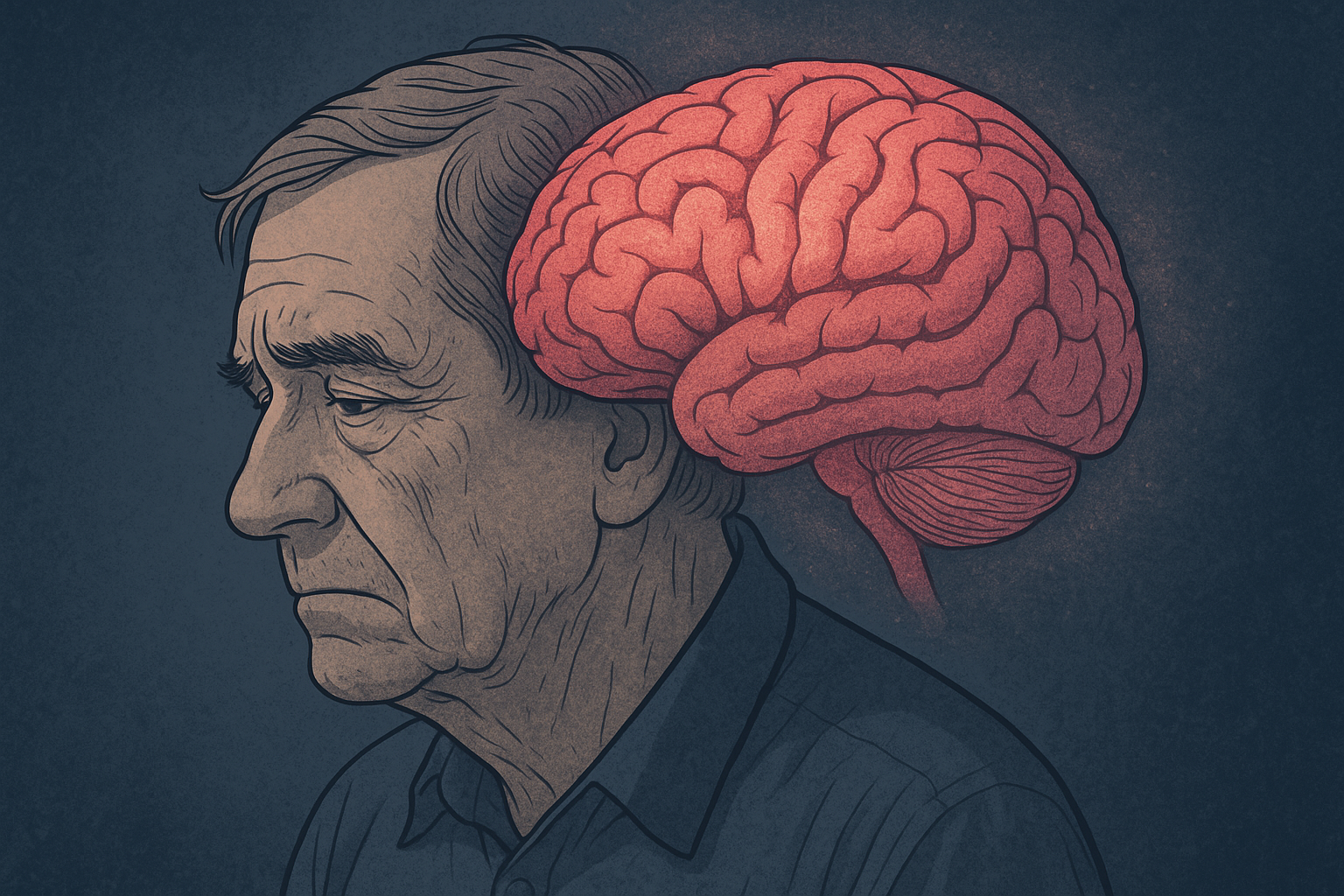When we think about aging well, we usually focus on exercise, good sleep, and a healthy diet. But a surprising new player has entered the conversation: bitter taste receptors—in your gut, not just your tongue.
Researchers at the University of Minnesota have uncovered a fascinating connection between intestinal bitter taste receptors and healthier aging in mice. These receptors, known as TAS2Rs, typically help us detect bitter flavors in foods like coffee, kale, and dark chocolate. But it turns out they also live in the lining of our intestines—and may play a much deeper role than anyone expected.
The Gut-Aging Link
In the study, mice were genetically engineered to have higher expression of these gut-based bitter taste receptors. The results? They experienced:
-
Better blood sugar control
-
Healthier body weight
-
Reduced inflammation
-
Enhanced resistance to age-related metabolic decline
All of these are markers not just of good health—but of slower biological aging.
Why Bitter Receptors Matter
These gut receptors respond to bitter compounds by stimulating hormone release, such as GLP-1, which helps regulate insulin and appetite. Essentially, when your gut “tastes” something bitter, it sends out messages that can reduce hunger and balance blood sugar—key elements in preventing metabolic disease.
More intriguing still: when these receptors were activated with a drug-like compound, older mice saw improvements in their metabolism, even without changing their diet.
Could This Work in Humans?
While the research is still in early stages, it opens up exciting new possibilities. If similar effects can be triggered in humans, we might one day take a bitter compound supplement—or eat more bitter vegetables—to support gut health and extend vitality well into old age.
It also raises new questions about the forgotten importance of bitter foods in modern diets. Many traditional cuisines include bitter greens, herbs, and roots. Modern palates, however, often favor sweet, salty, and fatty foods—potentially ignoring this ancient biological cue for health.
Bitter Takeaway
Aging is complex. But this study reminds us that the gut is more than just a digestion engine—it’s a chemical sensing organ with direct ties to how we age.
So next time you grimace at broccoli rabe or arugula, consider this: your gut might just thank you for the bitter bite.
Taken from: https://newatlas.com/aging/bitter-taste-receptors-intestine-healthier-aging





